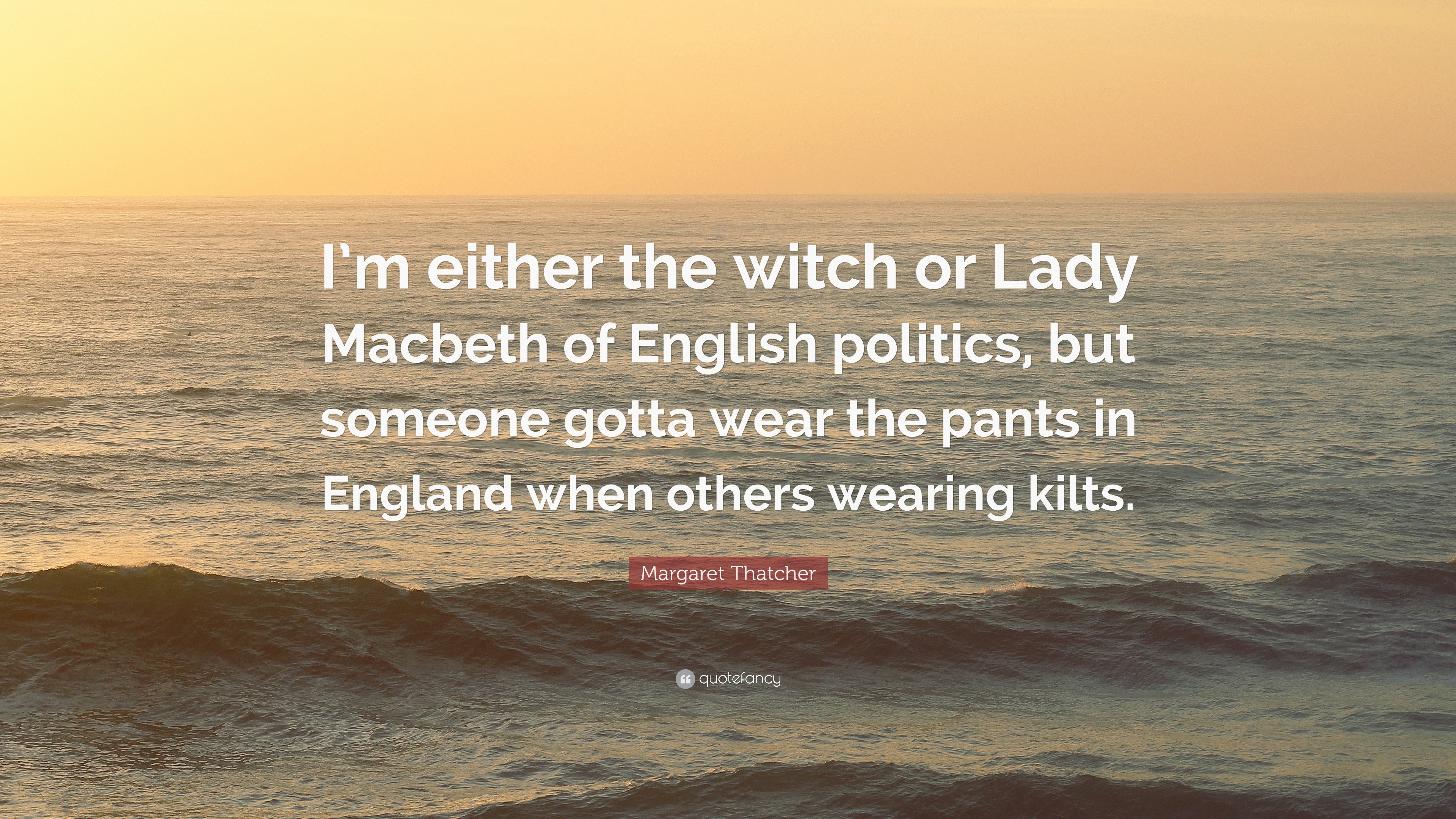

She clearly sees her sex and femininity as her main obstacle to getting what she wants overall indicating her determination and ambition. She wants to be stripped of all her womanliness such as nurturing and wants them to be replaced by strength showing her driven mindset. The fact that she asks “spirits” (links to the supernatural theme) to “unse✕” her implies how she desires masculine qualities to make her appear stronger.

Shakespeare has crafted Lady Macbeth to explore the theme of power in women and to show how essentially she’s the ‘man’ of the relationship. Women in the Jacobean era were seen as weak and subordinate to men. | Grade 8-9 quote analysis for Lady Macbeth | Lady Macbeth’s ambition is made clear in her second soliloquy where she demands the “spirits that tend on mortal thoughts” to “unse✕” her. The quote “come you spirits that tend on mortal thoughts unse✕ me here” shows how Lady Macbeth doesn’t want to be a woman. #macbeth #revision #SimlishSessions #gcsemocks #callmebyyourname #year10 #gcserevision #quoteanalysis #gcseenglish #fyppp". TikTok video from tips4gcses "Lady Macbeth quote analysis. #macbeth #revision #SimlishSessions #gcsemocks #callmebyyourname #year10 #gcserevision #quoteanalysis #gcseenglish #fypppģ.8K Likes, 182 Comments. What is clear is that although she could push Macbeth around, and trick Macduff, and even order the spirits to do her bidding, she couldn’t order the blood off her own hands.Lady Macbeth quote analysis. Malcolm claims that she killed herself quite violently, but since it happens off-stage we cannot be sure. It could be the case that Lady Macbeth herself never felt guilty, though she couldn’t hide her real feelings from her dreams. This is interesting, however, as while she is sleep-walking she is not in control of herself so she is not really aware of what she’s doing. At the end the play though she is caught sleepwalking, and she confesses to all that they’ve done. She is determined to become powerful and will stop at nothing to get it. You could easily argue that Lady Macbeth’s ambition was more powerful than Macbeth’s, and that the murder wouldn’t have ever happened with her involvement. She is also able to manipulate Macduff when she faints in shock after they discover Duncan’s body. She also stays calm under pressure, such as when Macbeth arrives with the daggers from the murder scene but Lady Macbeth returns them to the scene so that they don’t get caught. She also plans the murder, showing that she is intelligent as well. Lady Macbeth suggests the murder and talks Macbeth into it – showing that she is powerfully persuasive. Throughout this speech Lady Macbeth sets herself up as being someone very powerful, who is able to control even the spirits. Also, milk is pure white and suggests innocence and purity so Lady Macbeth is asking that what is innocent and pure about her gets turned into something deadly. This suggests that she is turning something caring and supportive into something deadly, giving her even more evil powers. Finally, she says that the spirits should “take my milk for gall.” Here, she is asking that her own milk be turned to poison. She is no longer going to be slowed down by feelings of compassion or care in her pursuit of power. One of the things she demands is that they “stop up the access and passage to remorse.” This means that Lady Macbeth doesn’t want to feel any regret for what she is about to do, which would make her powerful. This shows that she expects even the supernatural world to answer to her demands. Also, she is using an imperative here: “Come you spirits.” She’s not asking them but telling them. This would have reminded the audience of the possibility that she was a witch and had all the evil powers connected with them. She follows this by calling “Come you spirits.” The use of this magic spell has two effects on the audience: firstly, she is calling for dark magic to come and support her. The use of the possessive pronoun emphasises that she thinks of the castle walls as being her own. Right at the opening of this speech, Lady Macbeth makes her position known when she describes “my” battlements.


 0 kommentar(er)
0 kommentar(er)
